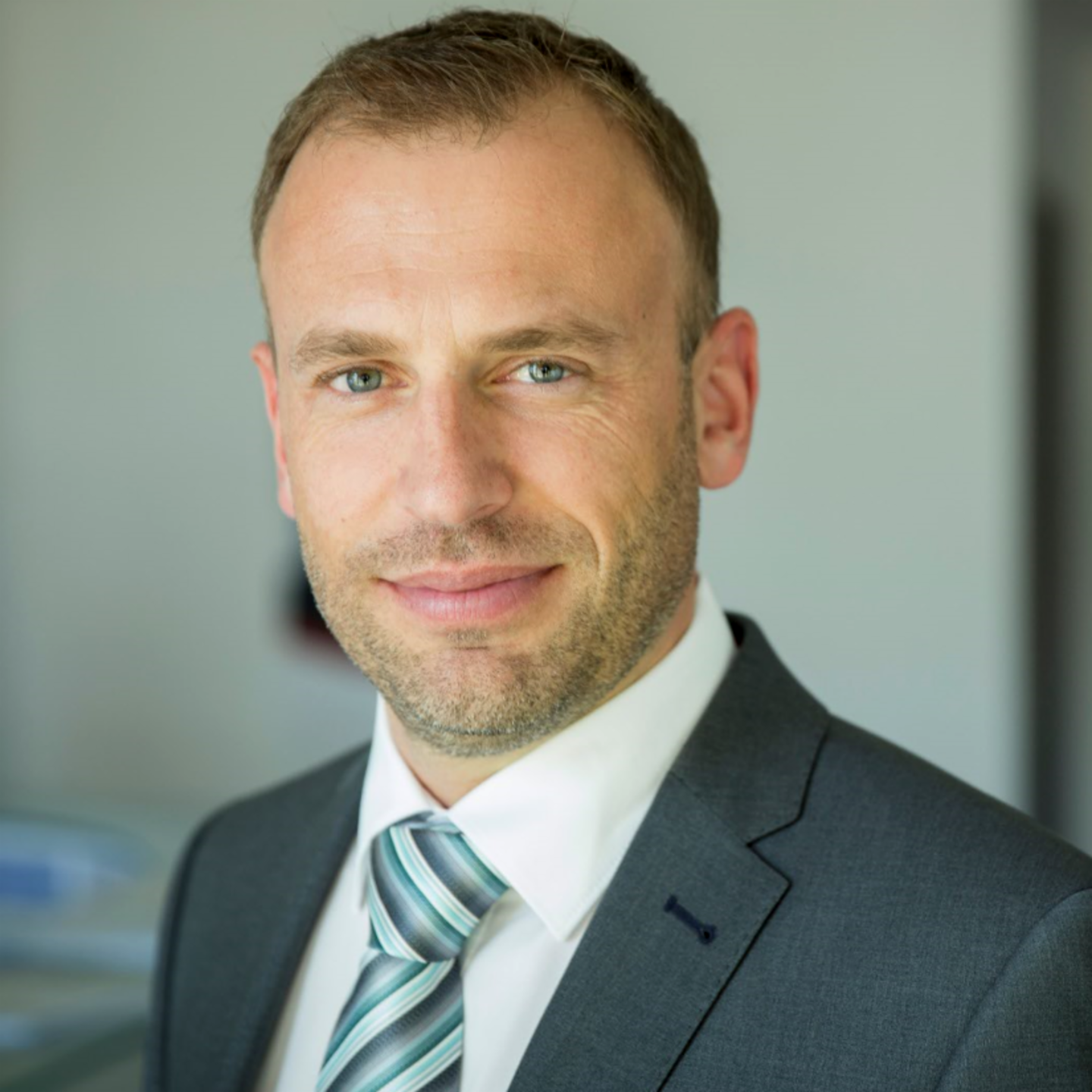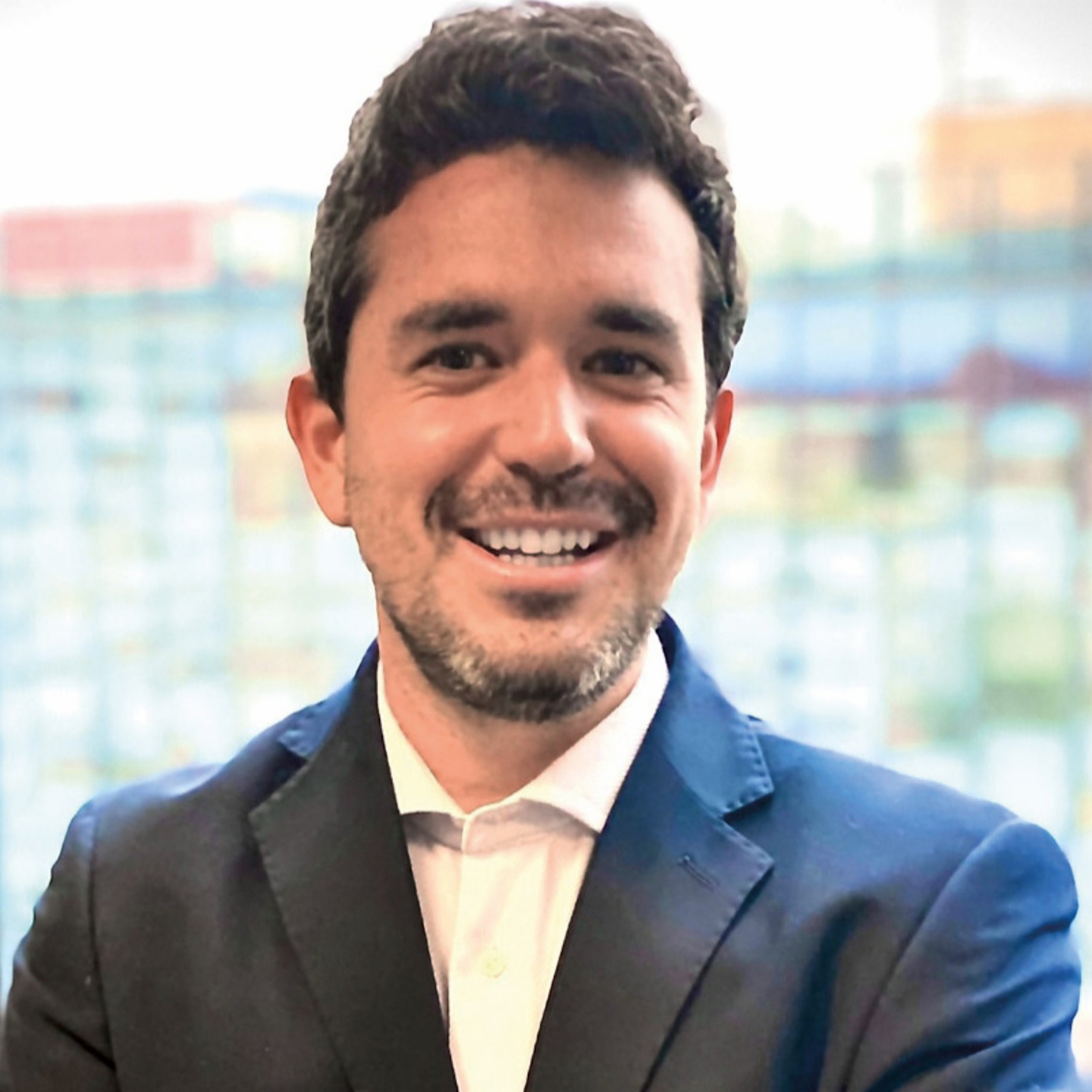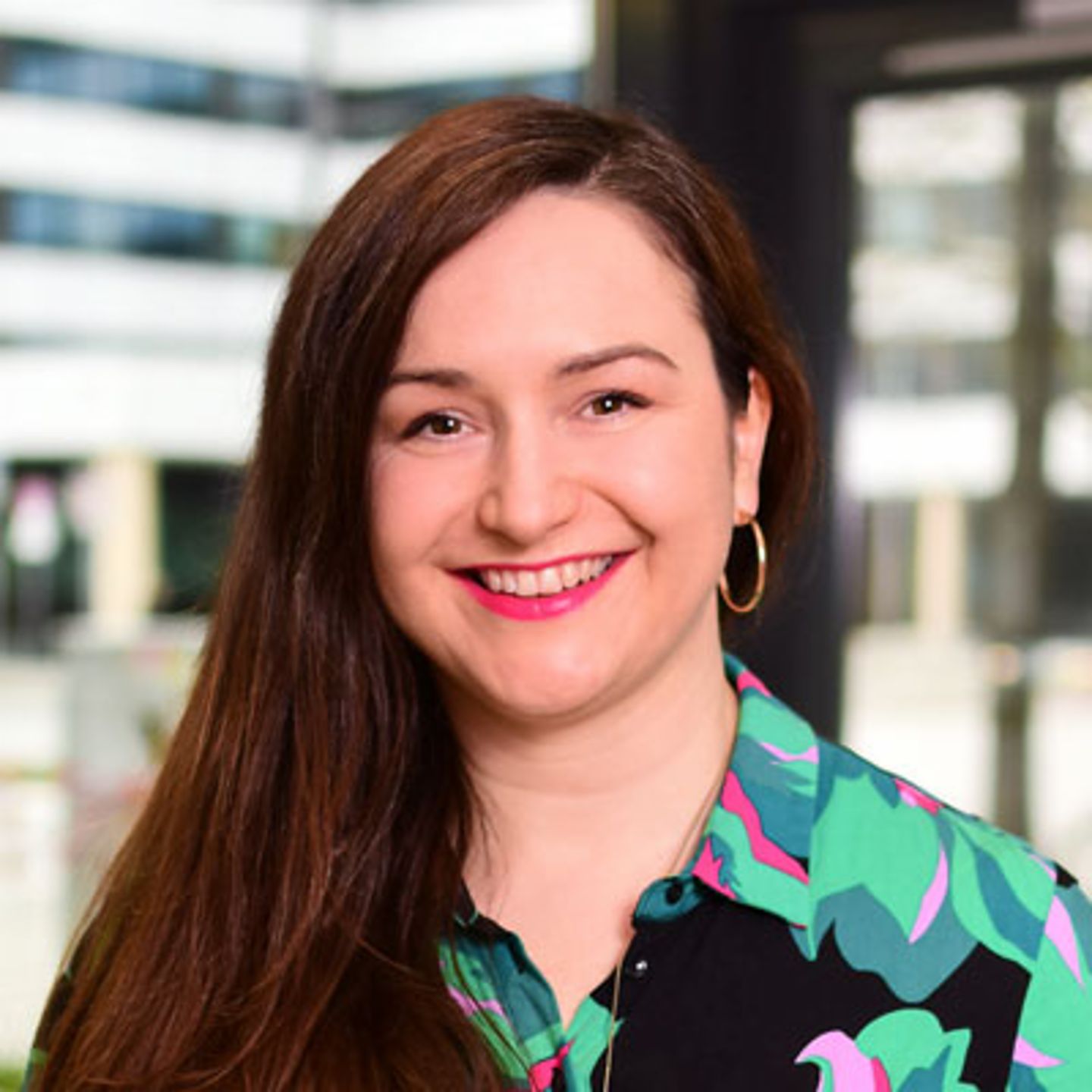Interview: “The secured receivables market is all about relationships”
Agustín Lozano Meléndez-Valdés, Secured Consultant at EOS Spain, and Bernhard Melischnig, Managing Director at EOS Croatia, are both experts in the field of non-performing secured loans. Spain is relatively new to this type of portfolio, whereas for the Croatian team, it has been a core part of operations for years. It’s time for some knowledge sharing in the group with insight into two very different markets and a look at the current economic setting.
- The secured receivables market is all about relationships and the post-deal process.
- There are significant differences in terms of market maturity per country.
- The EOS Group can respond to all manner of investment opportunities.
- Inflation, Covid, and the war against the Ukraine war are impacting this market too.
Secured receivables are backed by solid collateral. If they are backed, why would banks want to sell them?
Bernhard: “Well, secured NPLs are basically burdening the bank’s balance sheet in the same way as unsecured NPLs are. In most cases, the bank’s clients do not generate any cash flow – or not enough cash flow to repay their debts. So, the bank needs to wait to collect money from the execution through legal enforcement, sale in a bankruptcy procedure, or sale of the real estate serving as collateral. And this takes time – years in most cases.
Banks have to reserve capital for these defaulted exposures, and instead of their capital ratios being used to place new loans, their risked weighted assets (RWAs) are consumed by NPLs. In many cases, the defaulting payers have already used up all their loan prolongation, reprogramming, or payment moratorium options, and there is no other solution for the bank except to execute or sell the secured NPLs. This brings cash flow, helps its balance sheet structure, and even creates positive profit and loss (P&L) statement effects in case the selling price is higher than the net book value of the sold exposures. Moreover, the bank can focus on its core business – which is definitely not managing problematic defaulted loans.”
This is a competitive marketplace. Why should banks sell their portfolios to EOS?
Agustín: “Although we are new to this particular market in Spain, we are certainly not new to the banks. Over the years, we have built up strong relationships with them, especially with the smaller, regional banks. This is helping us grow in this new market, as we have a good reputation. This works both ways, as reputation is extremely important to these regional banks. We are not pushy, which can irritate defaulting payers and cause them to lose trust or, in the worst case, elicit bad press. We are focused on a really fair post-deal process and strive to make this way of working visible and valuable.”
Bernhard: “I totally concur. Our organization and infrastructure allow us to be highly professional and efficient, and our prime objective is to offer defaulting payers fair treatment and a solution they can afford. Furthermore, our legal experts can deal with complex legal situations. This enables us to move forward on cases that were totally stuck while the debts were in the hands of the bank. Case managers covering the economic part of the workout know how to structure transactions and are able to find the proper investors and partners necessary to solve secured NPLs.”

Our organization and infrastructure allow us to be highly professional and efficient, and our prime objective is to offer defaulting payers fair treatment and a solution they can afford.
What expertise does EOS have that particularly stands out in the market?
Bernhard: “EOS Croatia combines local expertise and knowledge with the support and know-how transfer from the EOS Group. Synergies and lessons learned are constantly on our agenda. A strong international team with representatives traveling constantly to the countries helps to extend our horizon and helps us see things outside the box. We have amassed a great deal of experience and a very skilled and experienced international team, which makes fast and efficient communication followed by clear and quick decision making possible.”
Agustín: “Let me come back to the previous point. Our whole organization is geared toward offering a clear-cut and amicable post-deal process. And so, like Bernhard, we continue to invest strongly in our local expertise, support, and know-how. Since we are relatively new, we are also investing heavily in further growing the relationships with the regional banks so that we understand their situation as much as possible. Dealing with secured receivables is all about taking care of all stakeholders, especially vulnerable consumers, and practicing socially responsible behavior and transparency in all activities.”
To what extent can EOS make investments?
Bernhard: “The EOS Group is able to invest on a considerable scale in receivables portfolios. The Group’s total volume in the past fiscal year was around EUR 669 million, EUR 286 million of which was invested in secured NPLs and real estate. With the Otto Group behind us, EOS can respond to many investment opportunities. In terms of investment types, the EOS Group has moved forward as well. Starting with classic debt purchases (paired with contingency collections), EOS can now offer other types of financing, such as bridge loans, and is open to partnerships such as joint ventures, although up to now we have concentrated mainly on asset-based investments.”
EOS Spain is relatively new to the market, yet successful. What advice would you give to others looking to get into this market?
Agustín: “Even though banking is changing to become much more about digitalization and efficiency, the secured receivables market remains mainly about relationships. Purchasing receivables from unknown consumers may seem impersonal, but, of course, as soon as you have to deal with the individual cases, it becomes very personal. In a very real sense, we are dealing with people’s futures. This is always at the forefront for us. Networking, striving to treat people amicably, and word-of-mouth recommendations are essential.”
The EOS Group’s scope of operations is large. Is this a homogeneous market, or are there regional differences that need to be taken into account?
Bernhard: “As far as the approach is concerned, I totally concur with Agustín – it’s all about relationships, and this won’t differ per country. However, as a Group, we definitely have to consider differences in the legal framework, different enforcement and different bankruptcy laws. Then there’s the existence and non-existence of bailiffs and the speed of the courts and general duration of court proceedings. There’s also consumer protection and tax regulation, as well as necessary licenses that have to be considered individually for each separate market.”

Our whole organization is geared toward offering a clear-cut and amicable post-deal process.
How is the market for secured NPLs developing in your country? And as a whole?
Bernhard: “After experiencing a peak in selling of secured portfolios from 2017 to 2019, the secured NPL market started to slow down. In 2022 Croatia’s NPL ratio is below 3%, which means that banks do not have a lot of NPLs to sell. Generally, we can expect the ratio to increase somewhat due to the current economic effects.”
Agustín: “The market in Spain is slightly different, I think. We have been surprised recently. Our projections last year indicated 2022 would be a good year, but it is turning out to be an outstanding year. Spain is very much a real estate-backed country with respect to debts, and Covid put it on the defensive in terms of selling NPLs. Now that we seem to be coming out of the pandemic, banks are selling again and there is a massive wave of investment opportunities. Where investors were careful over the last couple of years, they are again looking for areas to place their money. As matters stand, we have some 30 portfolios on our books and are expecting even more as the year develops.”
What are your ambitions for the future?
Agustín: “The obvious answer is to continue growing and to become a key player in the secured receivables market. We need to keep our eye on the ball and continue to close transactions. Internally, we will focus on attracting the talent necessary to improve how we analyze and manage portfolios, including digital skills, among others. More than anything, though, we need to continue building strong and trust-based relationships with the regional banks and continue to show proof of concept to them through our activities so that they perceive the differential value we can offer them.”
Bernhard: “Our ambition is to retain our leading position in the Croatian debt purchase and servicing market. To do so, we will adopt our products and services and remain engaged in social topics such as CSR and ESG. In terms of product development, this especially includes digitalization, including robotization, but also going into new business fields such as real estate development. Of course, this has to be backed by being a good and appreciated employer. The financial industry remains a people game.”
Photo credits: EOS

